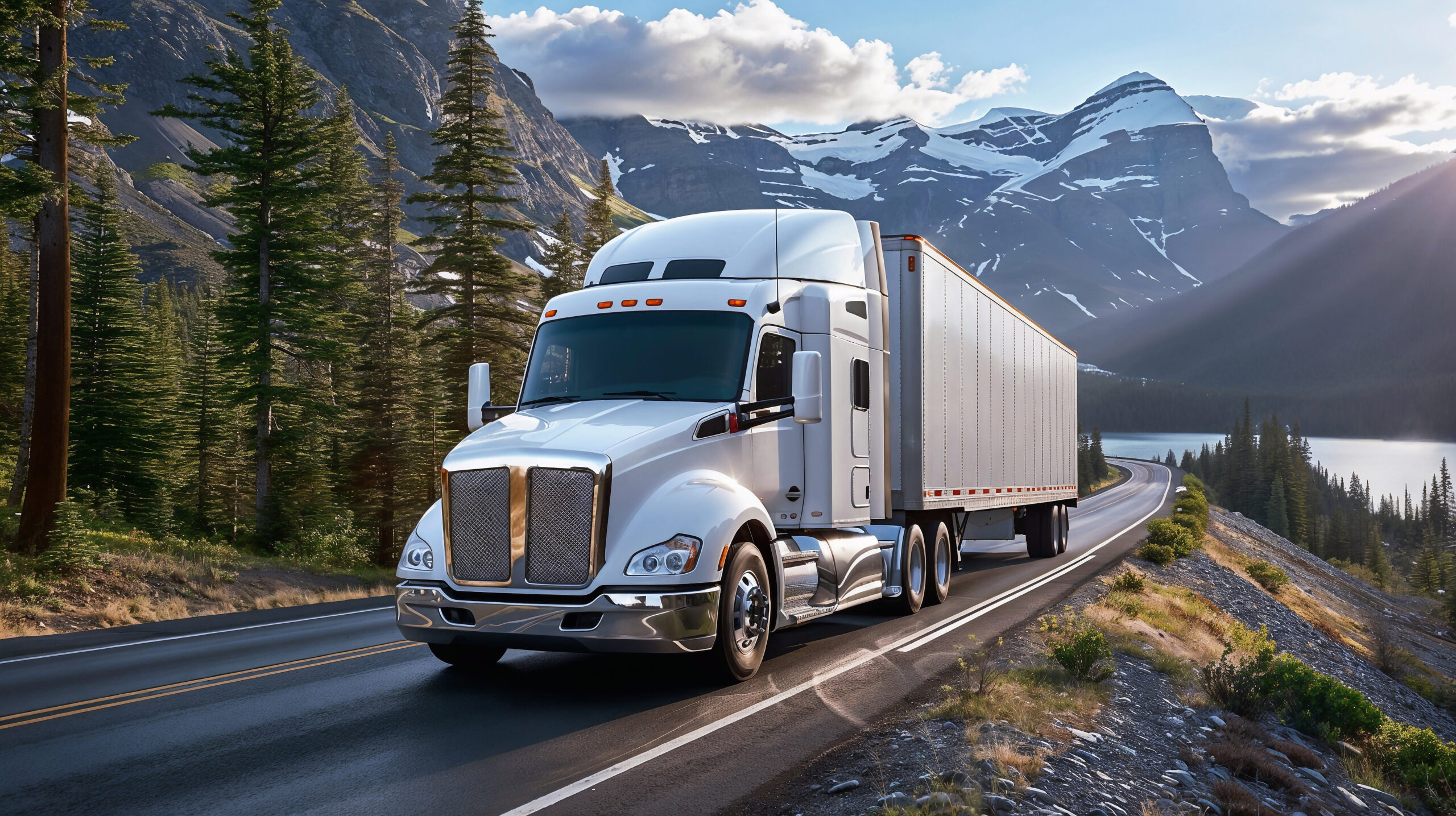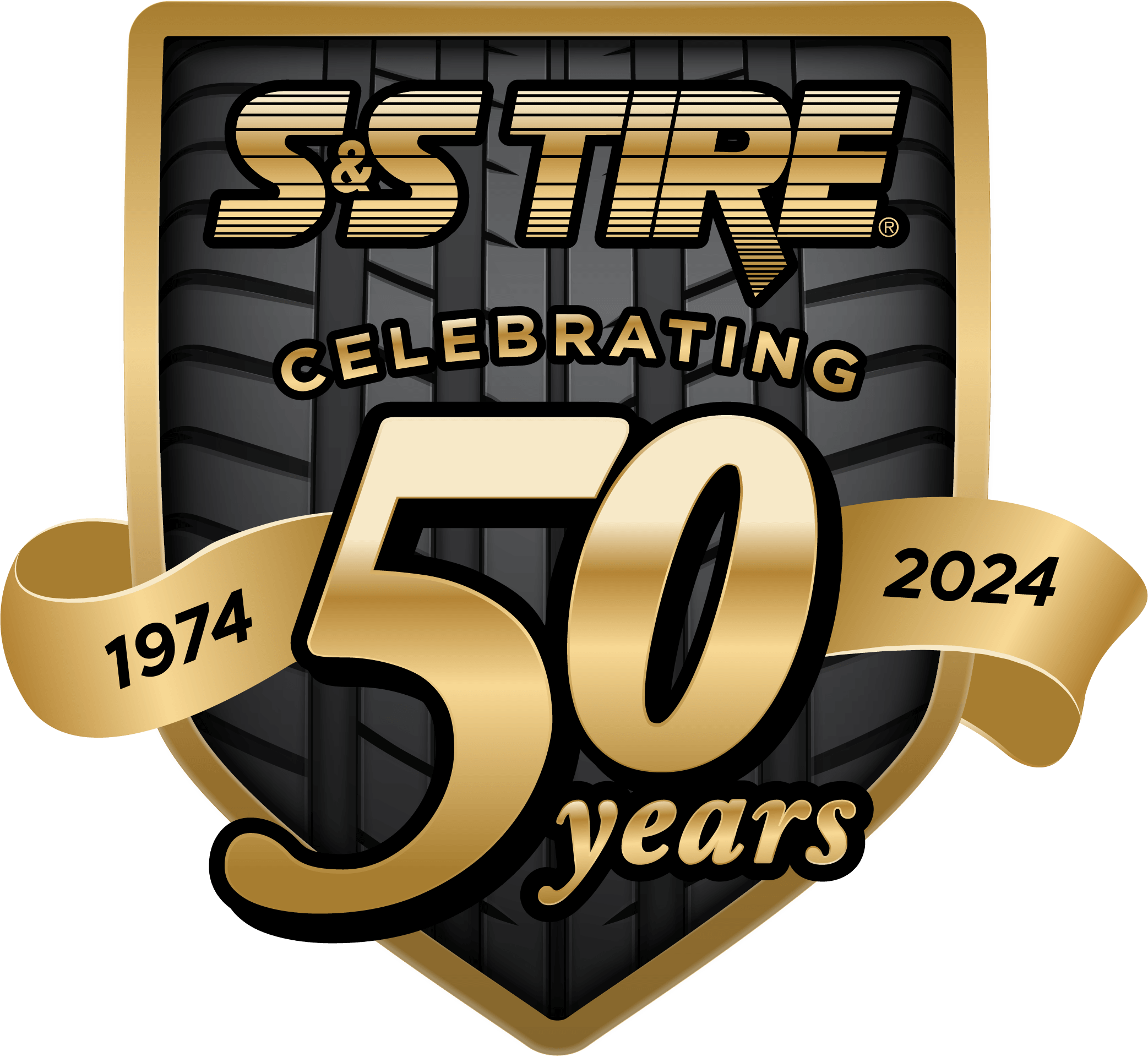Own the Road: A Guide on How to Become a Owner Operator Truck Driver

Understanding the Owner Operator Truck Driver Industry
As a content writer, I understand the importance of providing valuable information to aspiring owner operator truck drivers. The role of an owner operator involves owning and operating a commercial trucking business, which comes with its own set of advantages and challenges. No matter what truck you own or operate S&S Tire is here to help with a wide range of services including inspections, alignment, retreading, and much more.
Overview of the Owner Operator Truck Driver Role
Owner operators are independent contractors who own and operate their own trucks, as opposed to company drivers who work for a trucking company. This means that owner operators have more control over their schedules, routes, and the type of freight they haul. They also have the opportunity to potentially earn higher income compared to company drivers.
Advantages and Challenges of Being an Owner Operator
One of the main advantages of being an owner operator is the ability to have more control over your business and potentially earn a higher income. However, this also comes with the responsibility of managing all aspects of the business, including finding and securing loads, maintaining the truck, and handling administrative tasks.
Qualifications and Skills Required to Become an Owner Operator
To become an owner operator, individuals must have a valid driver’s license and obtain a commercial driver’s license (CDL). Additionally, they need to apply for a USDOT number and a carrier MC number through the Federal Motor Carrier Safety Administration (FMCSA). Owner operators also need to have a good understanding of business operations, customer service, and logistics.
Acquiring the Necessary Skills and Training
Obtaining a Commercial Driver’s License (CDL)
Obtaining a CDL is a crucial step for anyone looking to become an owner operator. This involves passing written and practical exams to demonstrate the ability to safely operate a commercial motor vehicle.
Specialized Training for Owner Operators
In addition to obtaining a CDL, owner operators may benefit from specialized training programs that focus on business management, customer relations, and industry-specific regulations.
Familiarizing with Industry Regulations and Safety Protocols
Owner operators need to stay updated on industry regulations and safety protocols to ensure compliance and safe operations. This includes understanding hours of service regulations, vehicle maintenance requirements, and load securement standards.
Managing Finances as an Owner Operator
As an owner operator, managing finances is a critical aspect of running a successful trucking business.
Budgeting for Startup Costs and Ongoing Expenses
Owner operators need to budget for startup costs such as purchasing or leasing a truck, insurance, and permits. They also need to account for ongoing expenses such as fuel, maintenance, and taxes.
Understanding Revenue Streams and Profit Margins
Owner operators should have a clear understanding of their revenue streams, which include payment for hauling freight. It’s important to calculate profit margins and ensure that rates are competitive while covering all expenses.
Financial Planning and Tax Considerations for Owner Operators
Proper financial planning is essential for owner operators to achieve their business goals. This includes setting aside funds for emergencies, retirement, and taxes. Understanding tax considerations specific to the trucking industry is also crucial.
Navigating the Challenges of the Road
The life of an owner operator truck driver comes with its own set of challenges on the road.
Dealing with Long Hours and Time Away from Home
Owner operators often face long hours on the road and extended periods away from home. It’s important to have strategies in place to maintain a healthy work-life balance.
Handling Unforeseen Circumstances and Emergencies on the Road
Owner operators need to be prepared to handle unforeseen circumstances such as vehicle breakdowns, traffic delays, and inclement weather. Having a contingency plan and access to roadside assistance is essential.
Maintaining Physical and Mental Wellbeing While Driving
Staying physically and mentally healthy is crucial for owner operators. This includes getting enough rest, staying active, and managing stress while on the road.
Building a Successful Owner Operator Trucking Business
Establishing Relationships with Shippers and Brokers
Building strong relationships with shippers and brokers is essential for securing consistent and profitable loads. Effective communication and reliability are key factors in establishing these relationships.
Utilizing Technology and Tools for Efficient Operations
Owner operators can leverage technology and tools such as load boards, route planning software, and electronic logging devices to streamline operations and maximize efficiency.
Expanding and Growing Your Owner Operator Trucking Business
As owner operators gain experience and establish a solid reputation, they can explore opportunities to expand their business by adding more trucks, hiring drivers, or diversifying their services.
By incorporating these key points into the article, readers will gain a comprehensive understanding of what it takes to become a successful owner operator truck driver. Whether they are considering a career change or aiming to enhance their existing expertise, this guide offers valuable information for aspiring and experienced owner operator truck drivers alike.

